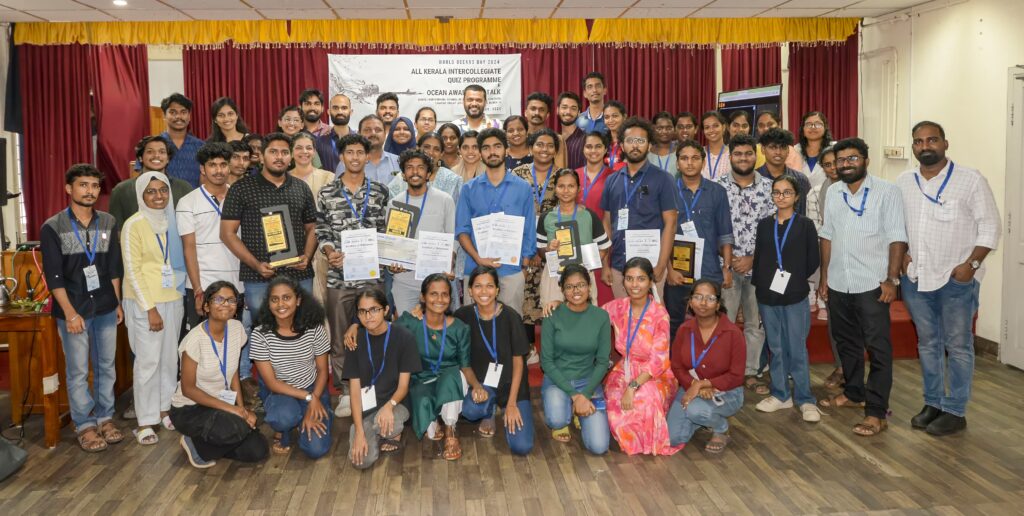national NODE - India
Photo credit: Rahul Chakraborty/Unsplash
Table of Contents
Introducing ECOP India
The UN Ocean Decade story of Indian ECOPs began in 2021 with the launch of a video interviewing research scholars across India during World Ocean Day 2021. Indian ECOPs also conducted an art contest on the theme of: “What does Ocean mean to you?”. The contest was conducted separately for kids and older participants. Then, in 2022-2023, the ECOP Asia team circulated a national ECOP needs-assessment survey in India and published the results in their 2023 India survey report. This report helped lay the foundations for the creation of an official national ECOP node for India. The ECOP India node is structured around and inclusive of every single division of Ocean Science in India, regardless of age, gender, discipline, geography and sector.
Our main vision is to empower a network of Indian ECOPs by ensuring meaningful representation and participation of ECOPs in various conferences, symposiums, workshops, training and mentoring platforms, whether at the local, national or global level. The aim is to enhance ECOP engagement and leadership by conducting outreach activities and building up partnerships with various ocean stakeholders across India. We want ECOPs to be ocean leaders across all sectors of society and strive towards a sustainable ocean by working towards the UN Ocean Decade goals beyond 2030.
Action Plan
1) Listing and mapping marine institutions, research labs, community-led projects, and other ocean organizations/initiatives based in India. This information will help strengthen our national network,
2) Fostering a well-informed and ocean literate society,
3) Planning webinars on various topics and in-person events, including workshops, training and ECOP/Decade awareness campaigns,
4) Producing annual progress reports, surveys and resource materials,
5) Enhancing our social media engagement,
6) Building partnerships with UN Ocean Decade actors and other marine stakeholders across India, including the new Sustainable Ocean Alliance (SOA) hub for India
ECOP India Highlights (non-exhaustive list)
- Video interviews available on the UNESCO YouTube channel (June, 2021) – see below.
- 2021 art contest on the theme of “What does Ocean mean to you?”. The winners were decided by Dr. Vijith V. from Cochin University of Science and Technology (CUSAT) and subsequently announced by Dr. Srinivas, Director of the Indian National Center for Ocean Information Services (INCOIS) during their World Ocean Day Programme [link]
- Presentation during the ECOP Incubator Session at the 2021 UN Ocean Decade kickoff conference for the Western Pacific and its Adjacent Areas (WESTPAC). More details available in this summary report. (November, 2021)
- UN Ocean Decade Launch (January, 2023)
- IOC/UNESCO Decade Collaborative Center for Ocean Prediction (DCC-OPP) Launch Event [link] (January 2023)
- Decade Collaborative Center on the Indian Ocean Region (DCC-IOR) talk (May, 2023)
- ECOP Participation in OSICON-23. Learn more in this ECOP blog post (August, 2023)
- Ocean Literacy in India Webinar (ECOP Programme YouTube channel) (October, 2023)
- All Kerala Intercollegiate Quiz Programme, jointly organized by the Association of Fisheries Graduates (AFG) and the Ocean Society of India (OSI) during the 2024 World Oceans Day on June 8, 2024. For more background information on the event, please visit this page. You can also read the event report here. (June 2024)

How to get involved
If you have any questions, inquiries or if you would be willing to help and contribute to our national ECOP node for India, contact us at: india@ecopdecade.org.
ECOP India Governance Structure - Coordinators
Sunanda Narayanan
National Coordinator (Co-lead)
Trishneeta Bhattacharya
National Coordinator (Co-lead)
Core members
Rony Peter
Midhila Varna
Sambit Singh
Falak Shaheen
Anagha Payyambally
Dr. Femi Anna Thomas
Muneer A.
Dr. Avanti Acharya
Advisory Committee (new members to be announced soon)
Dr. Sudheesh
Dr. Abul Qasim
Dr. Samiran Mandal
Shweta Naik
Dr. Anwesha Ghosh
List of communication channels or groups for ECOPs in India

- Join the ECOP India WhatsApp Community by clicking this link or scanning the QR code: https://chat.whatsapp.com/INSu8roWu6ULeQwfa7UEnl
- Ocean Decade Network Group for ECOPs in India
